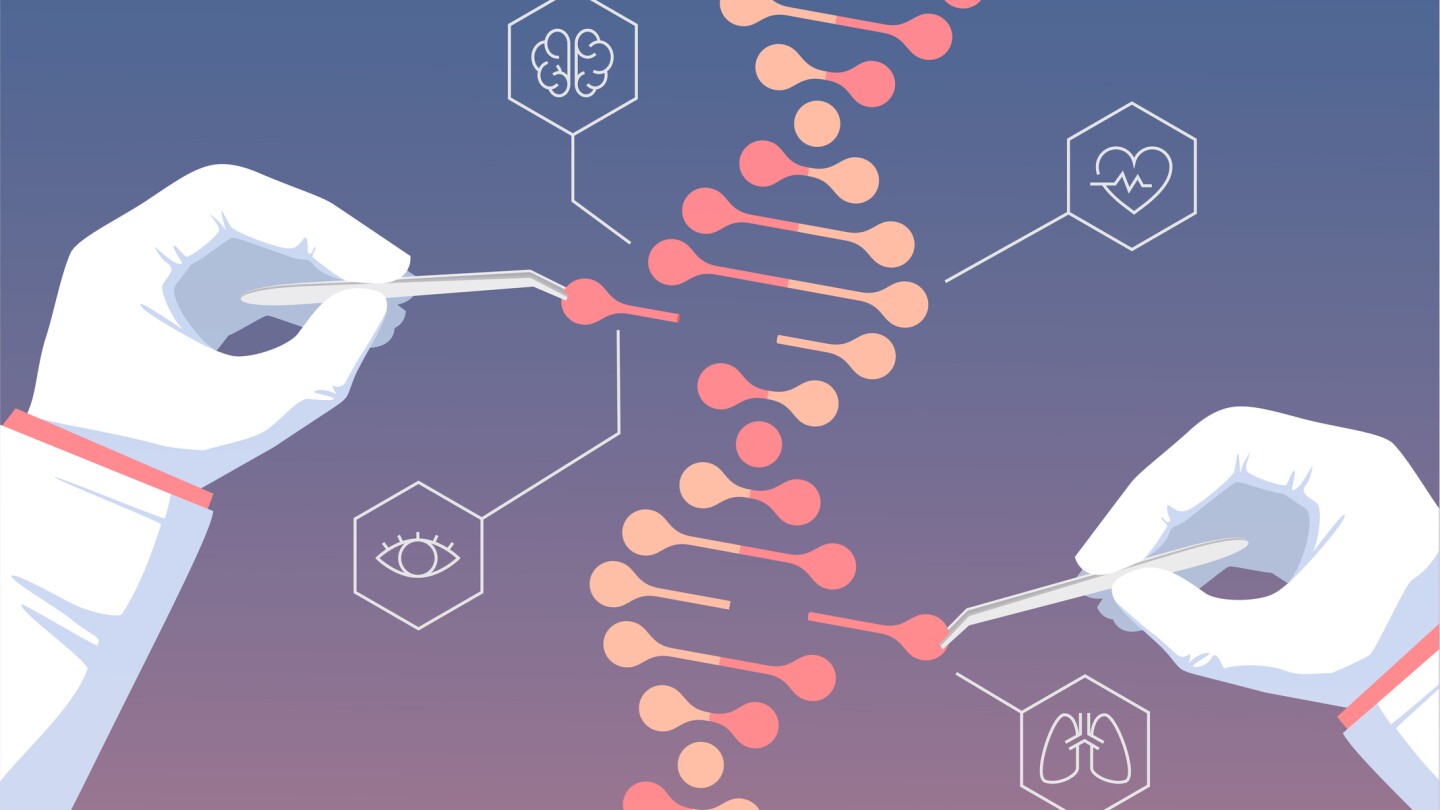News
Patritumab deruxtecan was unable to significantly improve overall survival in patients with locally advanced or metastatic non-small cell lung cancer with EGFR mutations.
FEATURED STORIES
Big Pharma has finally gotten its arms around something advocates have wanted for a long time: direct-to-consumer sales. Eli Lilly and Pfizer are leading the way.
The intellectual property landscape for newer gene-editing technologies, like that for CRISPR-Cas9, remains unclear and hard to navigate.
Analysts expect the companies’ Vabysmo and Eylea HD to generate a combined $13.2 billion by 2030 in the vascular endothelial growth A therapy market, as healthcare providers and patients switch from older products.
Job Trends
Takeda announced that the U.S. Food and Drug Administration has approved a subcutaneous administration of ENTYVIO® for maintenance therapy in adults with moderately to severely active ulcerative colitis after induction therapy with ENTYVIO intravenous.1 ENTYVIO SC is expected to be available in the U.S. as a single-dose pre-filled pen by the end of October.
FROM OUR EDITORS
Read our takes on the biggest stories happening in the industry.
Unpredictable communication and a lack of transparency are eroding the industry’s and the public’s trust. The FDA, experts agree, needs to take control of the narrative.
THE LATEST
Roche and Zealand plan to study petrelintide as a monotherapy and in combination with CT-388, a dual agonist of the GLP-1 and GIP receptors that Roche picked up in its recent acquisition of Carmot Therapeutics.
Ionis will receive $280 million upfront and could get up to $660 million in future milestone payments. Ono will take charge of late-stage development as well as regulatory and commercialization activities.
BioSpace remembers COVID-19 five years after the pandemic was declared, Novo Nordisk’s CagriSema again misses expectations as the company joins a lawsuit filed by drug compounders against the FDA, Viking secures ample supply of its investigational obesity medication, J&J strikes out in depression, and Makary and Bhattacharya near confirmation.
Facing declining valuations and funding challenges, public biotechs like bluebird bio are going private to restructure, reduce regulatory burdens and refocus on long-term growth.
Johnson & Johnson has been fighting thousands of lawsuits over its now-discontinued talc products for 16 years. A pending judge’s ruling could finally put the issue to bed once and for all.
Analysts acknowledged the long-term manufacturing deal could dull Viking’s takeout prospects but hailed it as a smart move to ensure supply.
Vepdegestrant did not improve progression-free survival broadly but saw improvements in one specific patient cohort. Arvinas’ stock took a 43% tumble on the news, and analysts are downcast on the drug’s prospects.
As we reflect on five years of COVID-19, it’s clear that the impacts are still unfolding. The life sciences—and we as individuals—will never be the same again.
Roche acquired Spark Therapeutics in 2019 for $4.8 billion.
BEAM-302 “has set the bar for efficacy in this space,” William Blair analysts wrote in an investor note on Monday.

















